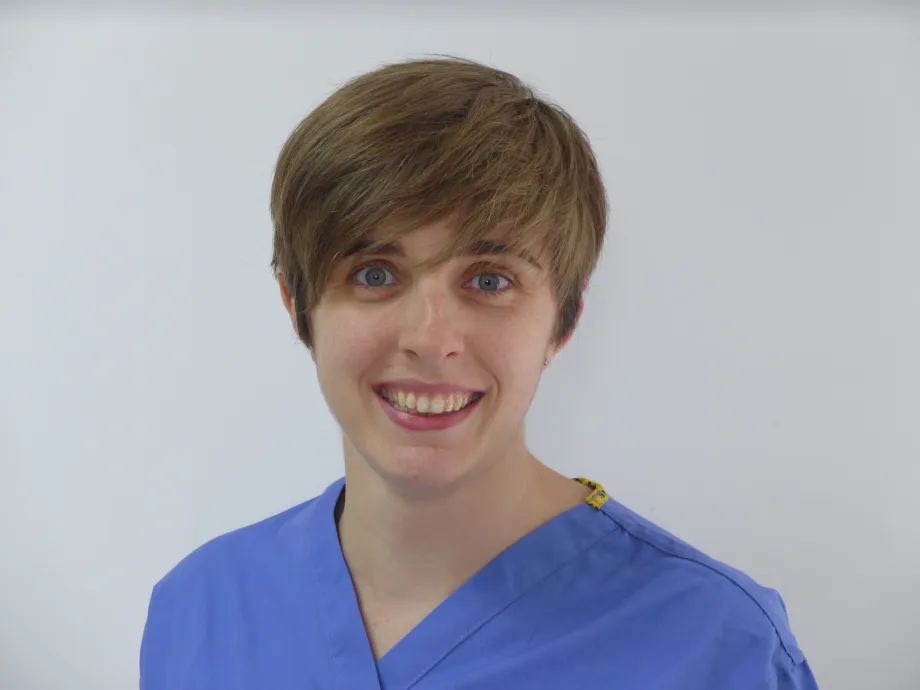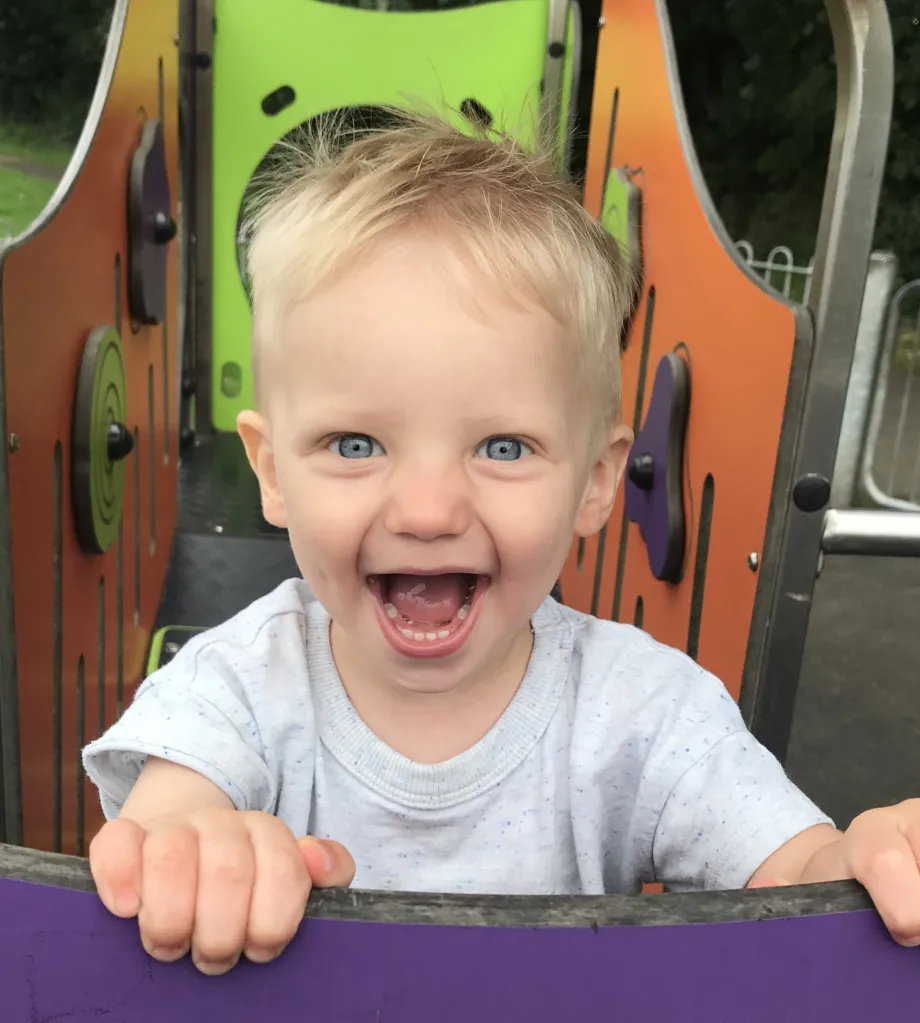Neuroblastoma is one of the most common types of cancer in children and young people, but its outcomes vary widely. While many patients respond well to initial treatment, others face relapse or treatment resistance. For these families, options can feel limited and overwhelming.
Led by Dr Jess Morgan at the University of York, the new study aims to help patients, families and professionals make more informed decisions when standard treatments no longer work. The project has been funded in part by CCLG Special Named Funds, including: Ieuan Evans Memorial Fund, The Hayley Bendall Fund, Adam Hay Fund, Ammaar’s Transformers Appeal, and Denver’s Superhero Fund.
Dr Morgan explained:
This project will bring together research from early phase trials in relapsed and refractory neuroblastoma. It will help show the summary of all current evidence, evaluated for quality, and also help identify gaps for further work. Sharing this information in a single place will support families by meaning they don't have to search for information themselves and are supported in understanding what the research means.

Dr Jess Morgan
Early-phase clinical trials can be a source of hope for children and young people with cancer, offering access to experimental treatments that are not yet part of standard care. However, these studies often include only a small number of relevant patients, which makes it difficult to show what works best.
Dr Morgan’s team will gather and analyse hundreds of studies to assess the safety, effectiveness, and side effects of new treatments. They’ll also explore how factors like age or tumour genetics may influence treatment success and identify where more research is urgently needed.
Dr Morgan said:
This is a massive undertaking – even for evidence synthesis experts. But doing this will give patients, families, healthcare professionals, researchers, and funders a single, trustworthy source of reliable information.
The researchers will work closely with healthcare professionals and families with lived experience of neuroblastoma to make sure the findings are relevant and useful.
“This work is not only about understanding what’s out there,” added Dr Morgan. “It’s about giving people facing incredibly hard decisions the evidence they need.
“Clinical trials are essential, but often only include a small number of patients, particularly in cancer in children and young people – bringing the research together helps us to understand even more about what to do in these difficult situations.”
The findings will be shared throughout the project with families, healthcare teams, researchers, and funders to guide treatment choices and future studies.
Gemma, who leads Ieuan Evans Memorial Fund in memory of her 21-month-old son Ieuan, set up the Special Named Fund after seeing firsthand the effects of childhood cancer treatment.

Ieuan Evans
She said: “leuan was only two days into high-dose chemotherapy treatment when he died. We feel that his little body at just under two years old couldn't take it.
“Neuroblastoma often requires aggressive treatment with high-dose chemotherapy, which young bodies like Ieuan’s struggle with. Even if the chemotherapy works, it causes long-term side effects and health issues.
“Kinder treatments, which are less toxic and more targeted, are really needed for all children fighting this terrible disease. That's why we set up Ieuan's fund.”
Gemma is "incredibly proud" to be supporting Dr Morgan's research, and thanked the fund's supporters for making this possible: “It’s been amazing to see the support from everyone in our community who has helped raise money for neuroblastoma research in memory of our beautiful baby boy leuan.”
Dr Sarah Evans, CCLG’s Head of Research, said:
Clinical trials play a vital role in developing new treatments, but families can be left wondering what comes next. By funding this project, we’re helping to make sure the research that’s already been done can reach the patients who desperately need it. The project will help inform real-world decisions, support families, and guide the direction of future studies.
